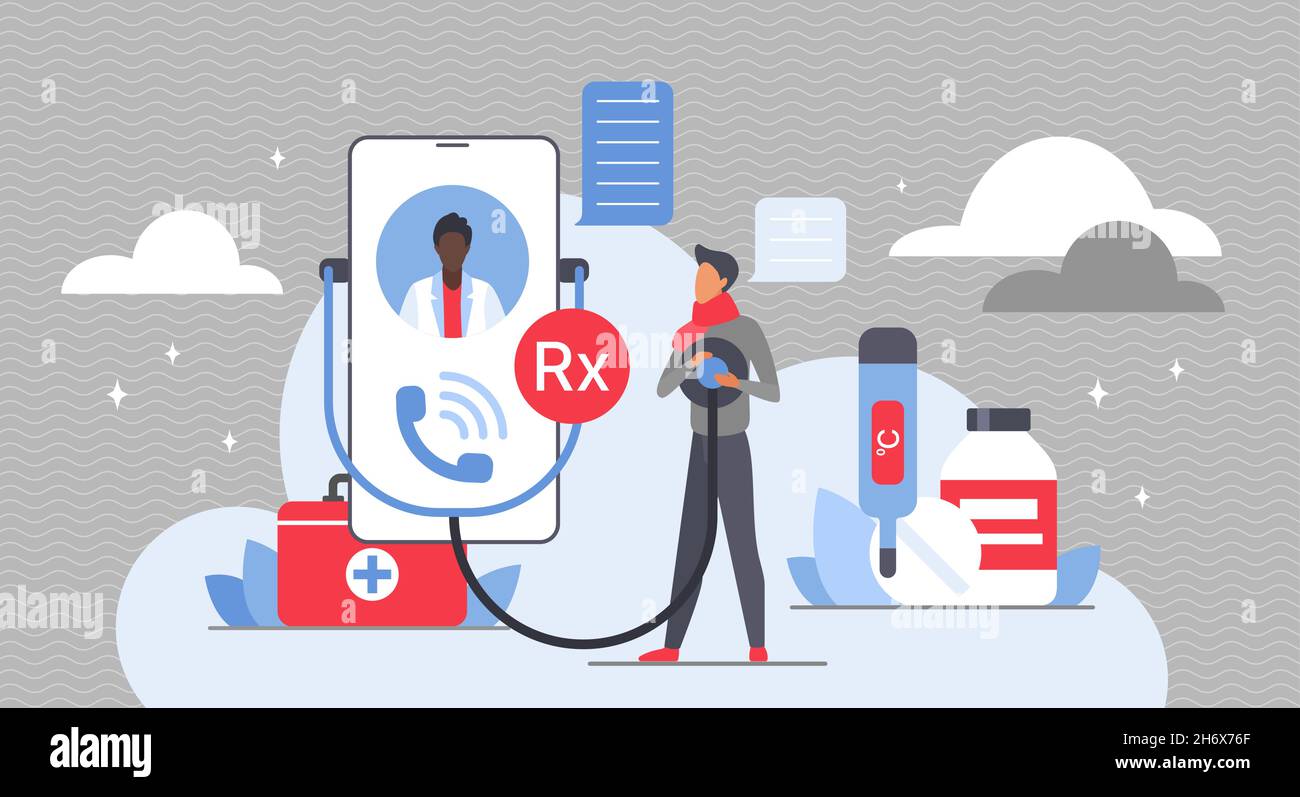Checking out the Growth of Subscription Based Healthcare in the Digital Age
Checking out the Growth of Subscription Based Healthcare in the Digital Age
Blog Article
The Surge of Subscription-Based Medical Care and Its Effect On Patient Treatment
As healthcare develops, the subscription-based design is getting traction, guaranteeing to transform person care by providing predictability and availability. The possibility for these versions to reshape healthcare delivery elevates pressing questions about their long-term sustainability and inclusivity. Are these subscription solutions the future of health care, or do they take the chance of leaving at risk populations behind?
Recognizing Subscription Healthcare Models
Comprehending the idea of subscription medical care designs entails taking a look at a transformative approach to medical services that stresses affordability and access. These versions, commonly referred to as direct key care (DPC) or concierge medication, have emerged as ingenious options to typical fee-for-service health care systems. Membership healthcare allows people to pay a fixed regular monthly or yearly fee for a specified collection of clinical solutions, which might consist of unlimited workplace visits, routine examinations, and basic lab examinations, without the demand for conventional insurance policy invoicing.
The framework of membership healthcare models is made to streamline person treatment by removing third-party payers and complicated billing codes, thus lowering administrative problems. Doctor can concentrate extra on individual treatment, cultivating stronger patient-provider relationships. This design additionally promotes preventative treatment by encouraging routine brows through, as the financial barrier of per-visit fees is eliminated.
The subscription model often equips doctor to handle smaller sized individual panels, enabling even more personalized care. It straightens financial rewards with client wellness end results, as carriers are motivated to maintain individual complete satisfaction and health. Generally, understanding membership health care versions calls for recognizing their possible to reshape how treatment is provided and accessed.
Benefits for Clients and Providers

With a stable income stream, medical care specialists can dedicate even more time to each patient, leading to an extra complete and customized treatment experience. The focus on preventive care within membership plans can lead to much better client end results and lowered long-lasting medical care expenses.
Obstacles and Concerns
While subscription-based healthcare versions present numerous benefits, they additionally come with a collection of challenges and problems that have to be attended to. This elevates ethical questions about fair accessibility to health care services.
Financial sustainability of subscription-based designs is an additional problem. Carriers must stabilize the set earnings from subscriptions with the variable costs of healthcare services, which might change because of unforeseen medical needs. This can develop stress to limit services or boost fees, potentially impacting person complete satisfaction and care quality.
In addition, governing oversight of subscription-based medical care models is still evolving. The lack of standard structures can cause irregular solution quality and liability, making complex initiatives to make sure patient security. The assimilation of technology-- frequently a keystone of these designs-- raises inquiries regarding data personal privacy and security, as delicate client information can be vulnerable to violations. Dealing with these difficulties is essential for the fair and successful implementation of subscription-based healthcare.
Effect on Patient-Doctor Relationships
One substantial effect of subscription-based health care versions on patient-doctor relationships is the possibility for enhanced continuity and individualized care. By adopting a subscription design, doctors can handle a smaller patient panel, enabling more devoted time with each individual. This enhanced availability promotes a deeper understanding of a patient's case history, way of life, and choices, allowing more tailored treatment strategies and treatments.

Nonetheless, it is essential to identify that while subscription-based models might benefit those who can manage them, they might accidentally widen medical care differences. People that are incapable to take part in these designs might experience decreased accessibility to individualized care, possibly influencing their relationships with doctor. Thus, while the subscription design offers encouraging advantages for patient-doctor relationships, it also postures difficulties that need link to be resolved to make certain fair healthcare gain access to.
Future of Healthcare Access

The function of technology can not be forgotten in this makeover. Telemedicine platforms and electronic health and wellness documents facilitate seamless interaction in between people and health care companies, damaging down logistical and geographical barriers. Furthermore, developments in artificial knowledge and information analytics can even a fantastic read more personalize clinical care by predicting individual needs and enhancing therapy strategies.
However, the future of health care accessibility additionally provides obstacles, such as ensuring equity throughout various socio-economic teams. Policymakers and health care companies need to collaborate to link the electronic divide, making sure that subscription-based models continue to be inclusive and inexpensive. As these systems grow, they hold the pledge of making healthcare much more easily accessible, effective, and patient-centric.
Final Thought
Subscription-based medical care versions are reshaping person treatment by supplying a stable expense framework and boosting availability. These models strengthen patient-provider connections via customized treatment and routine gos to, highlighting preventative health and wellness. In spite of these benefits, challenges such as access problems for low-income populaces and the demand for fair health care remedies persist. The rise of subscription-based medical care encourages proactive individual interaction, which has the possible to enhance person outcomes and complete satisfaction, signaling a transformative change in medical care delivery.
As healthcare develops, the subscription-based model is gaining grip, guaranteeing to reinvent individual treatment by using predictability and access.Subscription-based health care designs supply distinct benefits for both people and carriers, enhancing the overall medical care experience.As health care systems progress, the future of medical care accessibility frequently hinges on the integration of ingenious models and modern technologies.Subscription-based health care models are reshaping person treatment by providing a steady price framework and boosting access. The surge of subscription-based healthcare motivates proactive person engagement, which has the prospective to improve person outcomes and satisfaction, signaling a transformative change in healthcare delivery.
Report this page